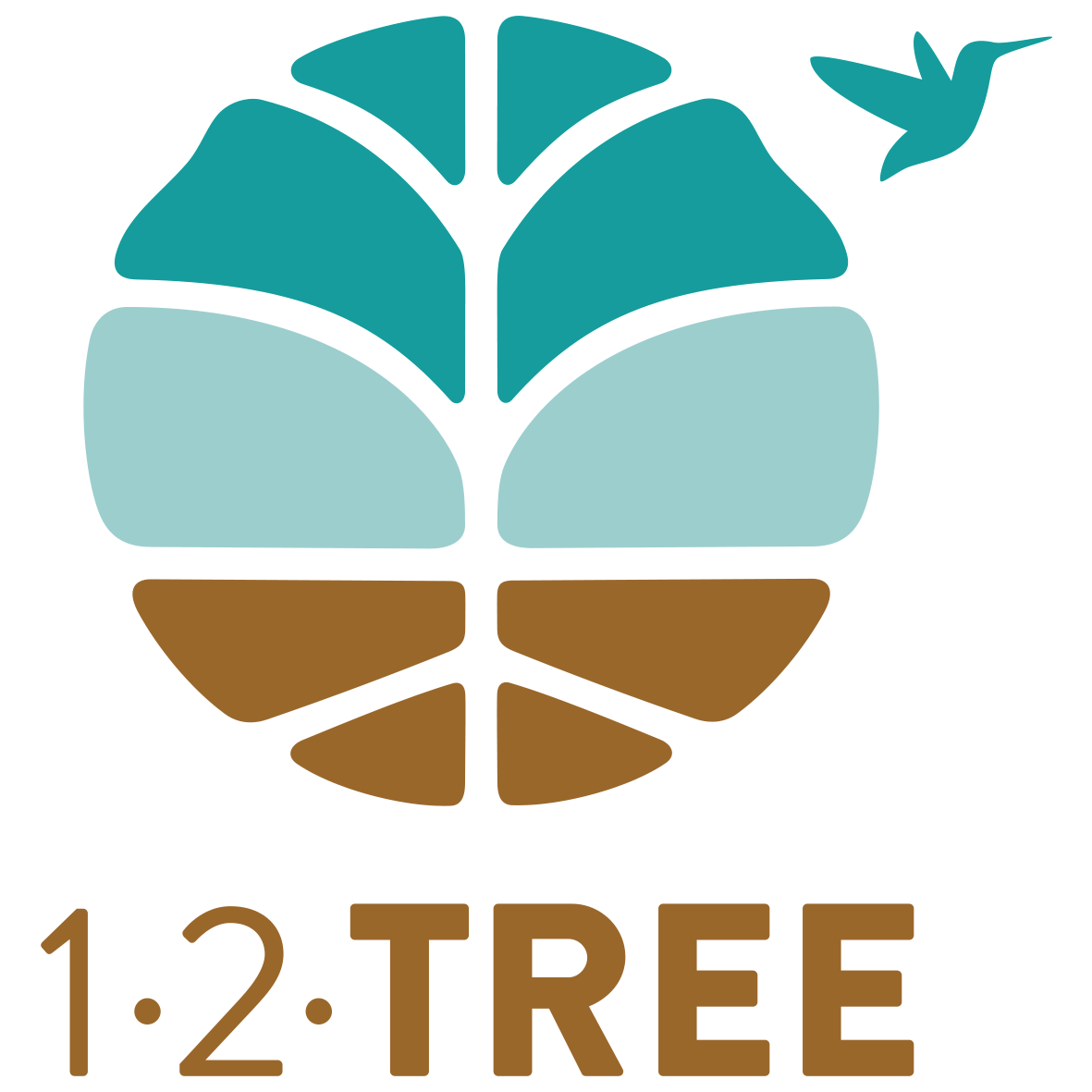12Tree wants to take the lead in shaping an investment environment that enables far-reaching changes in the agricultural and land-use agendas. Help us define that agenda and select the type of projects that we should be supporting by answering the short questionnaire below and/or submitting your project proposal.
At 12Tree, we have set out to help transform the financial investment industry and the agricultural sector. Our work shows that we can generate financial returns while improving environmental outcomes on the land and supporting livelihoods of rural families.
Over the last 3 years, we have developed large-scale agroforestry projects in 7 countries. Our work has enabled us to inject more than 200 million euros into holistic approaches to agricultural systems that work with natural systems to restore, improve, and enhance the biological vitality, carrying capacity, and ecosystem services of farming landscapes.
Now it is time to act even more vehemently. The COVID-19 crisis has exposed the insecurity and lack of resilience of our global food system. One that relies on value chains that focus on a few basic products from a limited number of producers located thousands of miles away, and a highly centralized packing, distribution and retailing model.
Social-distancing and lock-down measures to curb the virus’s spread have significantly reduced people’s incomes and thus access to food. Especially in countries that are net food importers, food security has been significantly undermined with the spikes in food prices due to a supply contraction and export restrictions.
Contradictorily enough, huge amounts of food have been wasted as a result of logistical disruptions,
closures of large food processors, restaurants and schools, and shortages of migrant labor to harvest crops.
The livelihoods of hundreds of thousands of smallholder farmers around the world has been affected profoundly by a decline in prices of agricultural products between January and May 2020.
Meanwhile, the global trends of diets (i.e., homogeneous and increasingly dominated by staple foods that are high in energy and low in micronutrients) and the food systems that produce those diets suggest that they are neither healthy nor sustainable. Unhealthy diets are one of the leading risk factors related to COVID-19 fatalities. Emerging evidence shows that SARS-CoV-2 virus disproportionately affects people who are overweight, diabetic, or suffer from cardiovascular disease – all of which are linked to poor diets.

